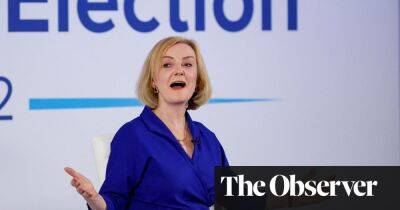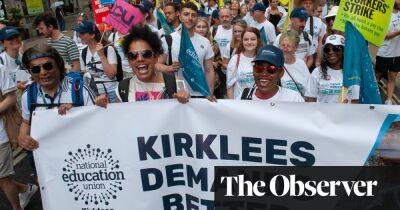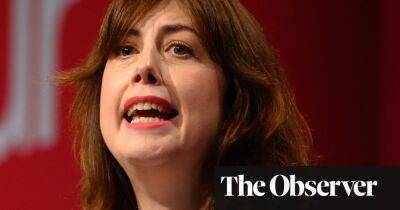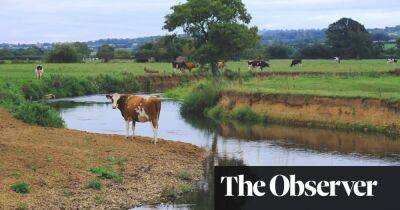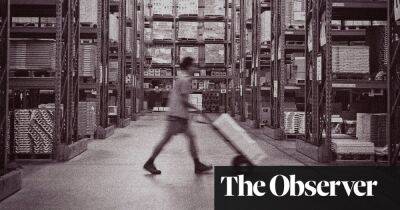If recession hits the UK, a base rate rise is the last thing we need
When Bank of England officials meet this week to consider how much to raise the central bank’s base rate by, they could be forgiven for having spent the previous day scratching their heads.
There are figures that show the UK economy is – like an 18th-century depiction of John Bull after a feast of pies – straining at full capacity. In normal times, low unemployment and a record number of vacancies would indicate a boom in full swing.
These, however, are not normal times. A majority of businesses report slowing consumer demand as wages fail to keep pace with soaring inflation. Rather than a vision of plenty, the latest surveys depict a slowing economy heading for recession.
Governor Andrew Bailey and his eight colleagues on the monetary policy committee (MPC) are expected to increase the base rate from 1.25% to 1.5%, pushing the average mortgage borrowing APR to 3.5% or more. But such is the confusion about how to deal with an inflationary spiral that has taken annual price rises to 9.4% that the vote is expected to be split.
Samuel Tombs, chief UK economist at Pantheon Macroeconomics, says most MPC members will be reluctant to impose a big rate rise: “It’s a close call, but on balance we think the committee will stick to its slow-and-steady approach.”
Luke Bartholomew of fund manager Abrdn is betting on a more aggressive stance, however. He says increased government spending and rising gas bills will force the Bank to raise rates by 0.5 points.
Some committee members voted for a half-point increase at the last meeting in June, arguing that a short, sharp shock was needed to calm consumer spending.
Catherine Mann, the MPC member and former investment bank economist, added an extra twist in her most recent speech, saying that the
Read more on theguardian.com



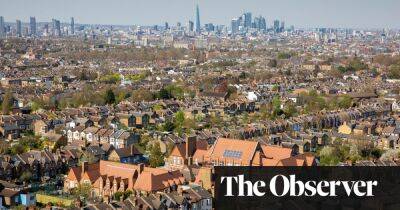




![Why Bitcoin Cash [BCH] investors shouldn’t expect profits anytime soon - ambcrypto.com - city Santiment](https://finance-news.co/storage/thumbs_400/img/2022/8/28/38741_fcnrq.jpg)



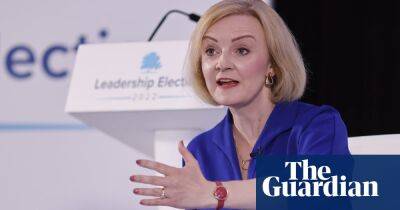

![Is Ethereum Classic [ETC] the next safe haven for ETH miners? Here’s speculating - ambcrypto.com](https://finance-news.co/storage/thumbs_400/img/2022/8/28/38735_hhw.jpg)
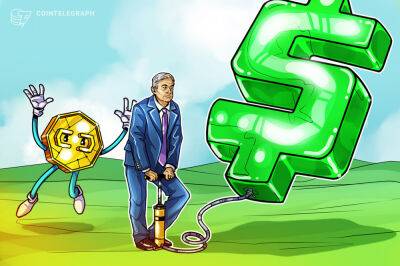
![Bitcoin [BTC] hashrate, block difficulty, hit landmarks but what do miners get? - ambcrypto.com](https://finance-news.co/storage/thumbs_400/img/2022/8/27/38733_172.jpg)

